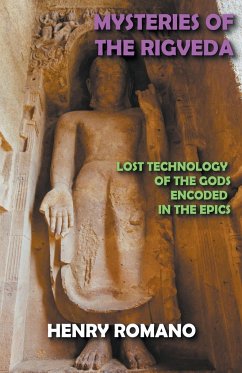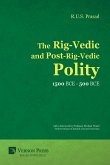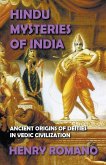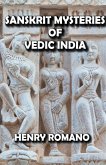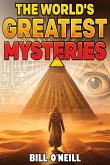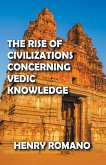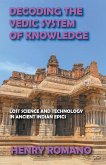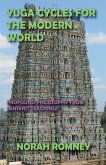To what extent is lost knowledge, advanced technology, and advanced philosophy encoded in the hymns of the Rigveda before we attempt to describe it? Is it possible to comprehend the true meaning of a book written in the remotest ages of Indian literature? Identifying the appropriate method of interpretation for that ancient body of poetry is the key to answering this question. All ancient Indian texts contain old lost technology; take, for instance, the concept of the Vimana. When the Rigveda first became known, scholars, as yet only familiar with the language and literature of classical Sanskrit, discovered that the Vedic hymns were composed in a mysterious ancient dialect and embodied an entirely different world of ideas than those they were familiar with. Hand-carved cave temples near Bellary in Southern India were vast and intricately carved from rock. Almost insurmountable difficulties hindered the interpretation of these hymns. A comprehensive commentary on the Rigveda exists that explains or paraphrases every word of its accolades. In the fourteenth century A.D., the great Vedic scholar Sayama lived in Vijayanagara ("City of Victory"), one of ancient India's most critical lost cities. His constant references to ancient authorities are believed to have preserved the Rigveda's true meaning in a traditional interpretation dating back thousands of years.
Hinweis: Dieser Artikel kann nur an eine deutsche Lieferadresse ausgeliefert werden.
Hinweis: Dieser Artikel kann nur an eine deutsche Lieferadresse ausgeliefert werden.

